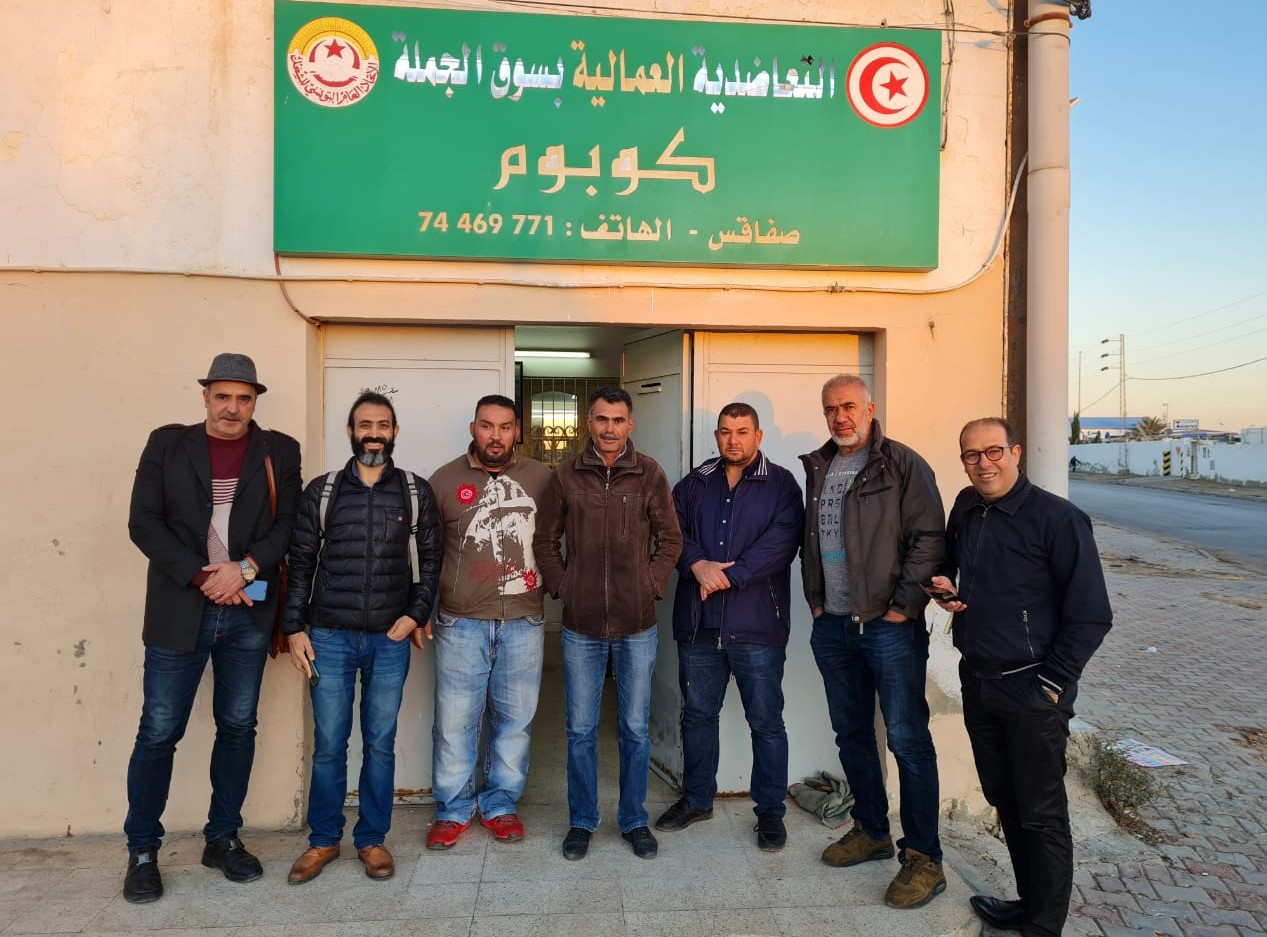

DGRV has begun a longer-term approach to cooperative development in Tunisia. In 2017, DGRV received a request from the Tunisian Ministry of Agriculture, Water Resources and Fisheries (MARHP) to contribute its cooperative expertise to the revision of the legal framework in Tunisia. As a result, consultative and exploratory talks were held. Since January 2021, DGRV has been represented with its own office in the capital Tunis. A fist crucial milestone was the publication of a baseline study on the Tunisian cooperative sector. The study quickly became an important point of reference in the discussion among stakeholders.
In Tunisia, cooperatives have so far primarily existed in agriculture. But they have a great potential to contribute to economic development and job creation in other sectors as well. Especially Cooperatives with innovative business concepts could show that this type of business can be successful in sectors other than agriculture. That’s why they will receive special support.
All cooperatives need competent contact points at the state authorities responsible for them. At the same time cooperative unions and associations or other meso level structures should support their members with needs-based services. Additionally, the success of primary cooperatives largely depends on the quality of their management. The project strengthens the sector with training, consultancy and coaching on all three levels – state, meso level structures and primary cooperatives.
Our project in Tunisia contributes to several Sustainable Development Goals, especially:
Fedor Böhmert
Karim Chebbi
Local Accounting Expert
Yasmin Bougrin
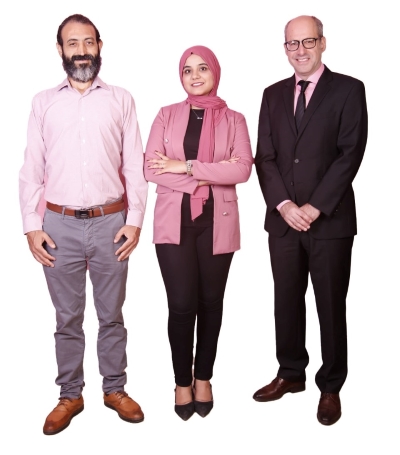
 The Directorate General for Investment Financing and Professional Organisations (DGFIOP) coordinates the inter-ministerial working group tasked with the follow-up of the recommendations designed for strengthening the cooperative sector.
The Directorate General for Investment Financing and Professional Organisations (DGFIOP) coordinates the inter-ministerial working group tasked with the follow-up of the recommendations designed for strengthening the cooperative sector.
 The mission of the agency is to promote arts and crafts in Tunisia. Due to its nationwide presence, it plays an important role as a point of contact for artisans, for example, when it comes to setting up a business.
The mission of the agency is to promote arts and crafts in Tunisia. Due to its nationwide presence, it plays an important role as a point of contact for artisans, for example, when it comes to setting up a business.
 The association represents the interests of consumers and provides information on consumer protection and sustainable consumption. It is an important player in strengthening consumer and trading cooperatives.
The association represents the interests of consumers and provides information on consumer protection and sustainable consumption. It is an important player in strengthening consumer and trading cooperatives.
According to Tunisian Décret-loi No. 2011-88 dated 24th September 2011, Art 43 (8), DGRV Tunisia publishes its audit report for the FY 2023. The report is available here.
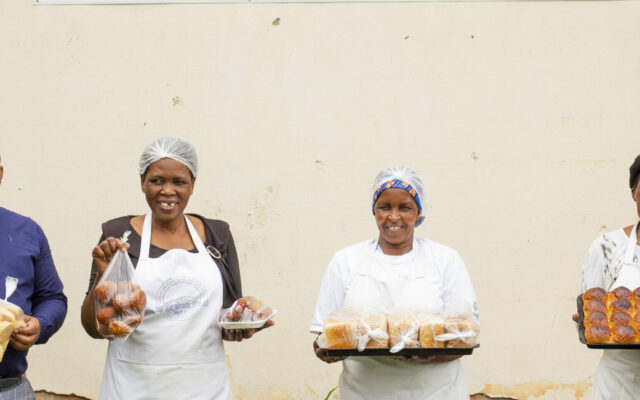 África
África In the small landlocked country of Eswatini we work with a well-established and prosperous cooperative sector which we supported and accompanied in the last couple of years to establish the National Cooperative Federation of Eswatini (NCFE) recognized by the government as the only Apex-body of the entire sector. DGRV is and will support the NCFE […]
Mas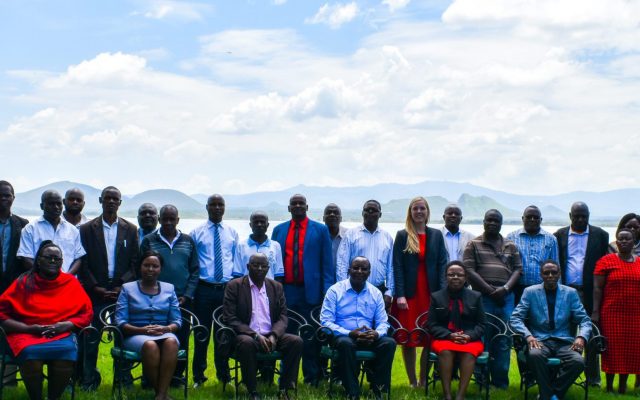 África
África With assistance of the BMZ – Federal Ministry for Economic Cooperation and Development DGRV implements a co-operative development project in Kenya since 2017. Within the framework of this project, DGRV promotes in particular access to educational opportunities and training for Co-operatives. Local project partners and national stakeholders also regard these training measures as a central […]
Mas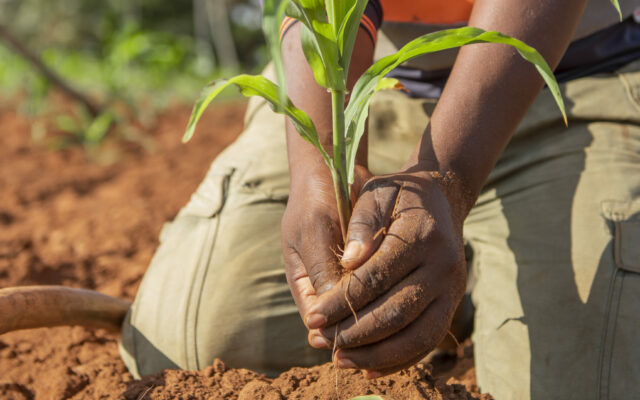 África
África In South Africa we support different governmental institutions, cooperatives as well as traditional, indigenous structures to support primary cooperatives. Cooperatives are an important tool in South Africa to foster economic engagement of marginalized parts of society especially in rural and semi-urban settings. At the same time cooperatives play an important role when it comes to […]
Mas